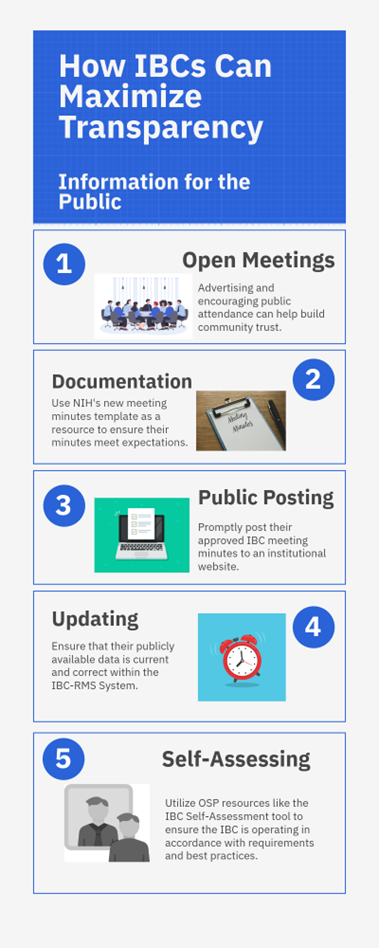Summer is here! Like many of you, I have been counting down the days. In fact, I have been thinking so hard about summer, that I neglected to acknowledge a big milestone. My last post, in April, was the 100th Under the Poliscope blog! Since we missed the centennial, we are just going to have to celebrate the 101st post (or whatever one calls the 101st of something).
The beginning of this summer also features some important activities related to biosafety and its oversight. Right here in our own backyard, Maryland Governor Wes Moore issued a proclamation announcing June 4, 2025, as “Biosafety Day” across the Old Line state. In addition, NIH has also implemented some transparency enhancements for biosafety oversight at NIH-supported institutions.
For those not as familiar with IBCs, these are the committees that are responsible for local biosafety oversight. Over time, IBCs have also taken on increasing responsibility for reviewing a variety of experimentation that involve biological materials. As you might be able to infer, this critical activity demands the highest levels of transparency.
With that in mind, and the fact that this is blog number 101, I wanted to provide a primer for members of the public on the mechanisms IBCs can utilize to ensure research is conducted safely and transparently. I hope you find this information helpful!
Resources Referenced





